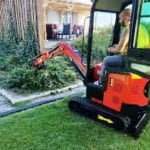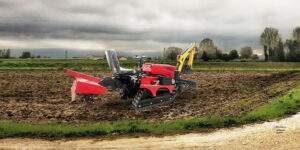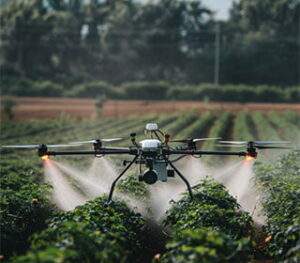The Advantages of Drone Spraying in Crop Management
Introduction
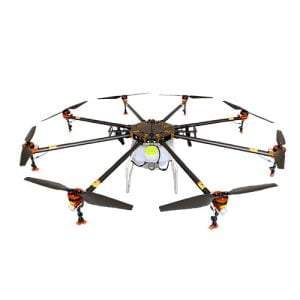
In recent years, the utilization of drone technology in agriculture has witnessed a significant surge. Among its various applications, drone spraying has emerged as a game-changer in crop management practices. This article delves into the myriad benefits that drone spraying offers to modern agriculture, revolutionizing the way farmers protect and nurture their crops.
Enhanced Precision and Efficiency
Drone spraying leverages advanced precision technology, ensuring the accurate and efficient application of pesticides, fertilizers, and other agrochemicals. Unlike traditional methods, which often result in over-spraying or missed areas, drones can precisely target specific areas of the field, optimizing resource utilization and minimizing environmental impact. The ability to customize spraying patterns based on crop type, growth stage, and pest prevalence enhances overall effectiveness while reducing chemical wastage.
Cost-Effectiveness and Time Savings
Drone spraying presents a cost-effective alternative to conventional spraying methods, offering substantial savings in labor, time, and resources. By automating the spraying process, drones enable farmers to cover larger areas in a shorter timeframe, thereby increasing operational efficiency and reducing labor costs. Moreover, the precise application facilitated by drones minimizes the need for re-spraying, further lowering overall expenses.
Environmental Sustainability
One of the most significant advantages of drone spraying is its positive impact on environmental sustainability. By precisely targeting areas requiring treatment, drones minimize chemical runoff and drift, thereby reducing soil and water contamination. Additionally, the use of drones eliminates the need for heavy machinery, which can contribute to soil compaction and erosion. With growing concerns about the ecological impact of agriculture, the environmentally friendly nature of drone spraying positions it as a sustainable solution for modern farming practices.
Data-Driven Insights
Drone technology is not just about spraying; it also offers valuable data-driven insights that empower farmers to make informed decisions. Equipped with cameras and sensors, drones can capture high-resolution images and collect data on crop health, moisture levels, and pest infestations. This real-time data allows farmers to monitor crop conditions, identify potential issues early, and implement targeted interventions, ultimately optimizing yield and minimizing crop losses.
A Comparison of Traditional Spraying Methods vs. Drone Spraying
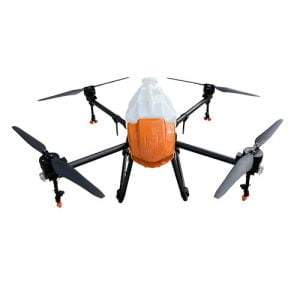
| Aspect | Traditional Spraying Methods | Drone Spraying |
|---|---|---|
| Precision | Limited precision, often leads to over-spraying or missed areas | Enhanced precision, precise targeting of specific areas |
| Cost | Higher labor and resource costs | Lower labor and resource costs, reduced chemical wastage |
| Time Efficiency | Time-consuming, limited coverage | Rapid coverage of large areas, time-saving |
| Environmental Impact | Higher risk of chemical runoff and drift, soil compaction from heavy machinery | Reduced chemical runoff and drift, minimal soil compaction |
| Data Collection | Limited data insights | Provides valuable data on crop health and conditions |
Conclusion
Drone spraying represents a paradigm shift in crop management practices, offering unparalleled precision, efficiency, and sustainability compared to traditional spraying methods. As agriculture continues to evolve in the face of environmental challenges and technological advancements, the adoption of drone technology is poised to become increasingly widespread. By harnessing the power of drones, farmers can optimize resource utilization, maximize yields, and pave the way for a more sustainable future in agriculture.
FAQ
Q: Are drone spraying systems easy to operate?
A: Yes, most drone spraying systems are designed to be user-friendly, with intuitive controls and automated features that streamline the spraying process.
Q: Can drones be used for organic farming?
A: Absolutely! Drones can be used for spraying organic pesticides and fertilizers, offering the same precision and efficiency benefits while adhering to organic farming principles.
Q: Are there any regulatory restrictions on drone spraying?
A: Regulations regarding drone spraying vary by region, but many countries have established guidelines and licensing requirements to ensure safe and responsible use. It’s essential to familiarize yourself with local regulations before deploying drone spraying technology.

